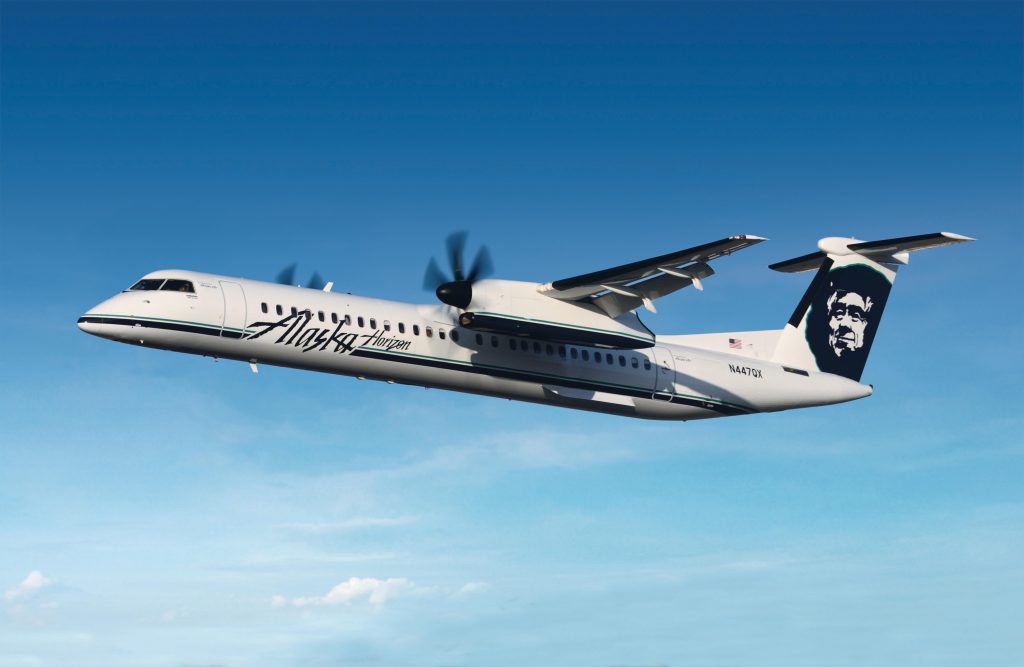Alaska Air Group Inc. said Thursday that it expects the grounding of its Boeing 737 Max 9 fleet to cost $150 million, but the air carrier still provided a 2024 profit outlook that was in the range of Wall Street forecasts.
The disclosure, which was in an 8-K filing with the Securities and Exchange Commission, came as Alaska Air also reported a fourth-quarter profit that was about one-third of last year’s but was well above expectations.
The grounding of the carrier’s 737 Max 9 fleet came after the in-flight blowout of a panel earlier this month. On Thursday, Alaska Air said it was preparing to complete the final inspections of all of its 737 Max 9 aircraft, and it assumes a gradual return to service of its fleet through early February.
The stock ALK, -1.74% rose 2.1% in premarket trading. While it had bounced 6.6% through Wednesday from a 10-week low of $33.61 on Jan. 17, it was still down 8.3% in January.
Regarding its Boeing BA, +1.78% 737-900ER planes, which the Federal Aviation Administration recommended earlier this week that operators “visually inspect” for possible door-plug issues, Alaska Air said it has completed all inspections “with only one minor finding which was immediately corrected.”
Taking account of all these issues, the company said it expects full-year 2024 adjusted earnings per share, which excludes nonrecurring items, of between $3 and $5. The current FactSet consensus is for $4.45.
The company expects year-over-year growth in capacity to be “at or below the lower end” of its previously provided guidance range of 3% to 5%, because of the groundings and the potential for future aircraft-delivery delays.
“As we navigate early 2024, we remain steadfast in our commitment to safety, providing a premium experience for our guests and delivering durable financial performance,” Chief Executive Ben Minicucci said. “I am also grateful for how the team has rallied together to demonstrate tremendous professionalism and care in the midst of a challenging start to 2024 for them and our guests.”
For the fourth quarter, the company swung to a net loss of $2 million, or 2 cents a share, from net income of $22 million, or 17 cents a share, in the same period a year ago. Excluding nonrecurring items, such as fleet transition costs, adjusted EPS fell to 30 cents from 92 cents but beat the FactSet consensus of 18 cents.
Revenue rose 3% to $2.55 billion to top the FactSet consensus of $2.53 billion.
Separately, Alaska Air said it has initiated a thorough review of Boeing’s production quality and control systems and has started an enhanced quality-oversight program at the Boeing 737 Max 9 production facility.
The stock has rallied 13.3% over the past three months through Wednesday, while the U.S. Global Jets exchange-traded fund JETS has run up 25.4% and the S&P 500 SPX, -0.07% has gained 16.3%.



